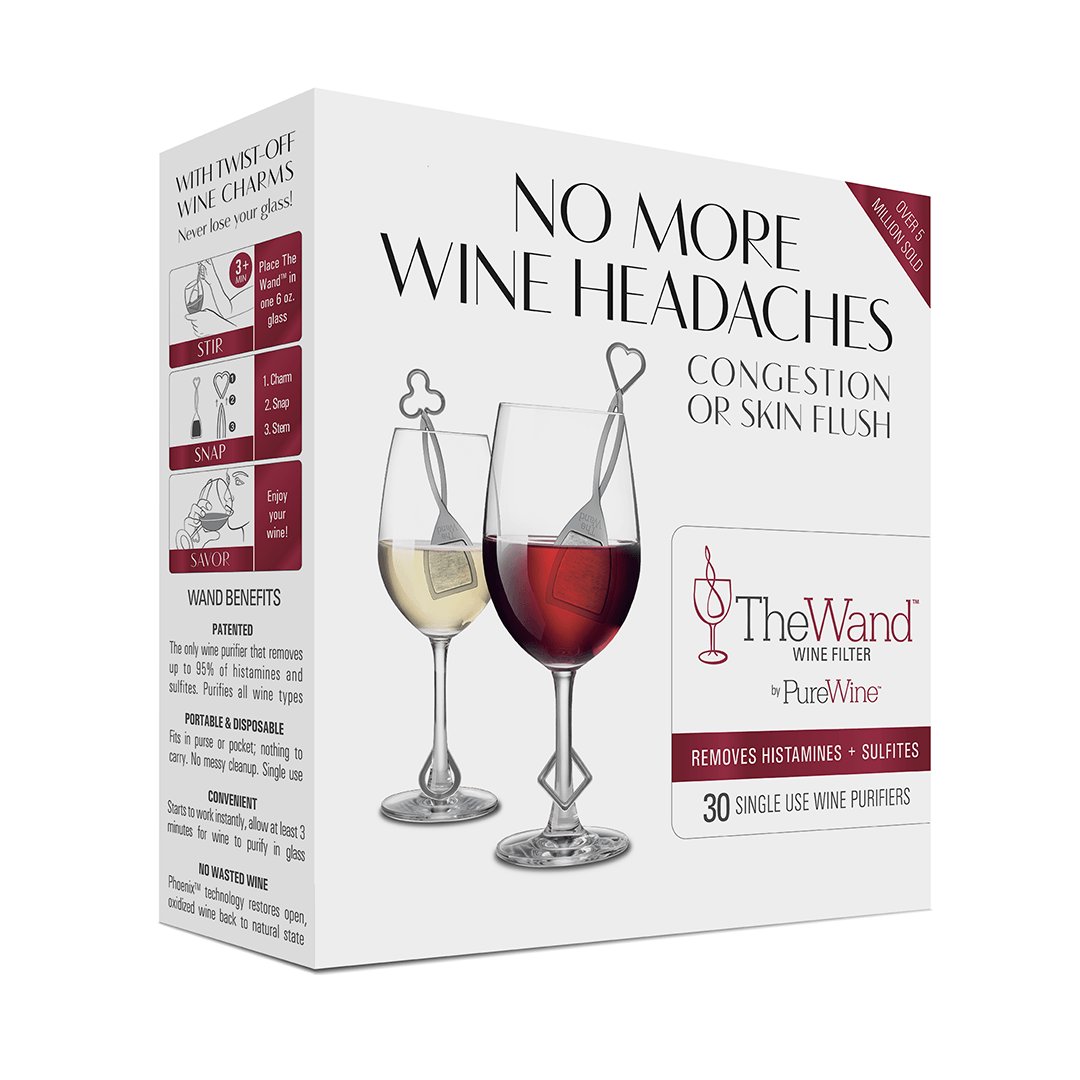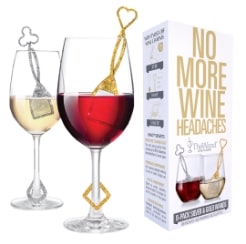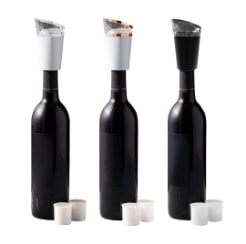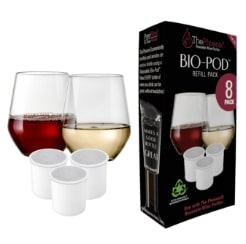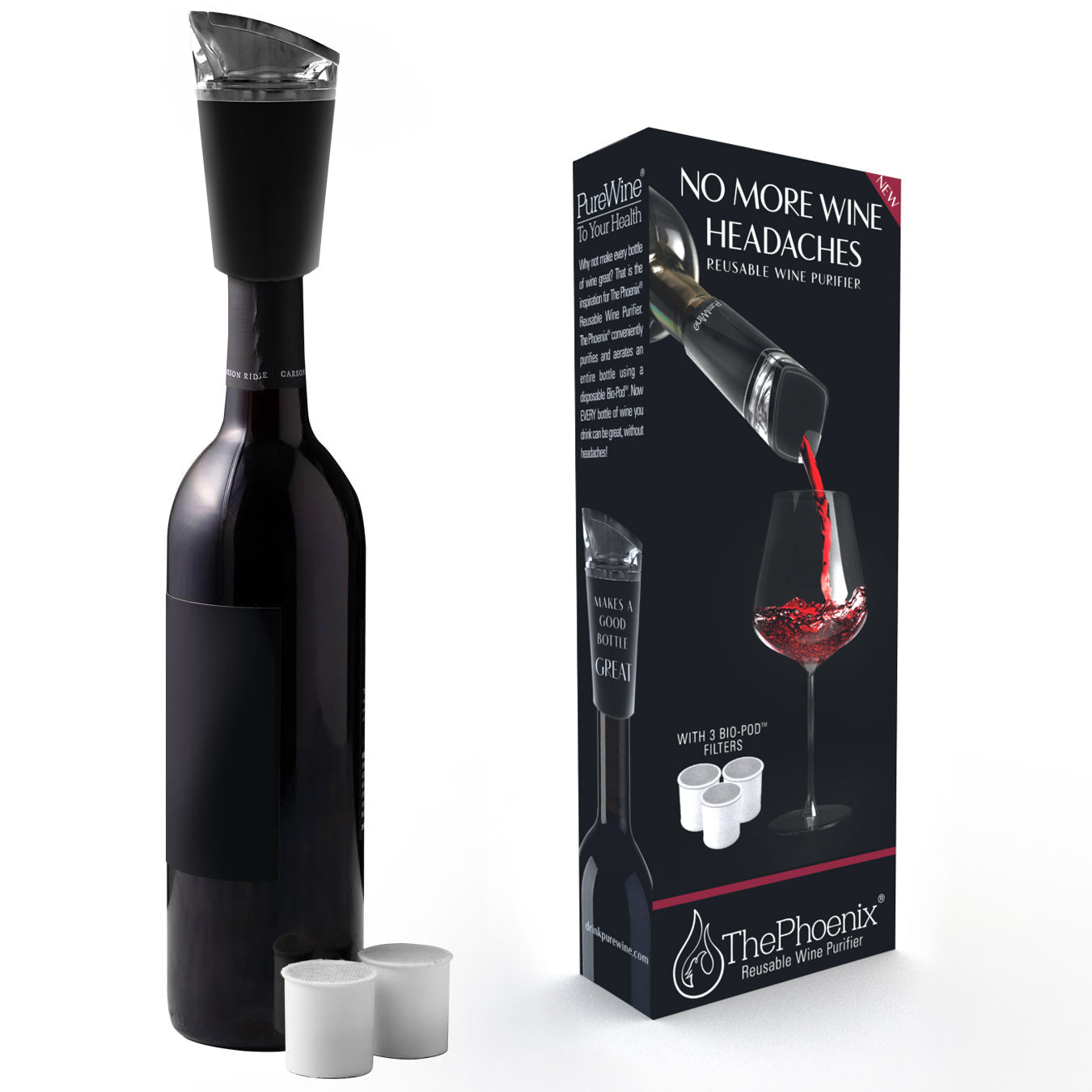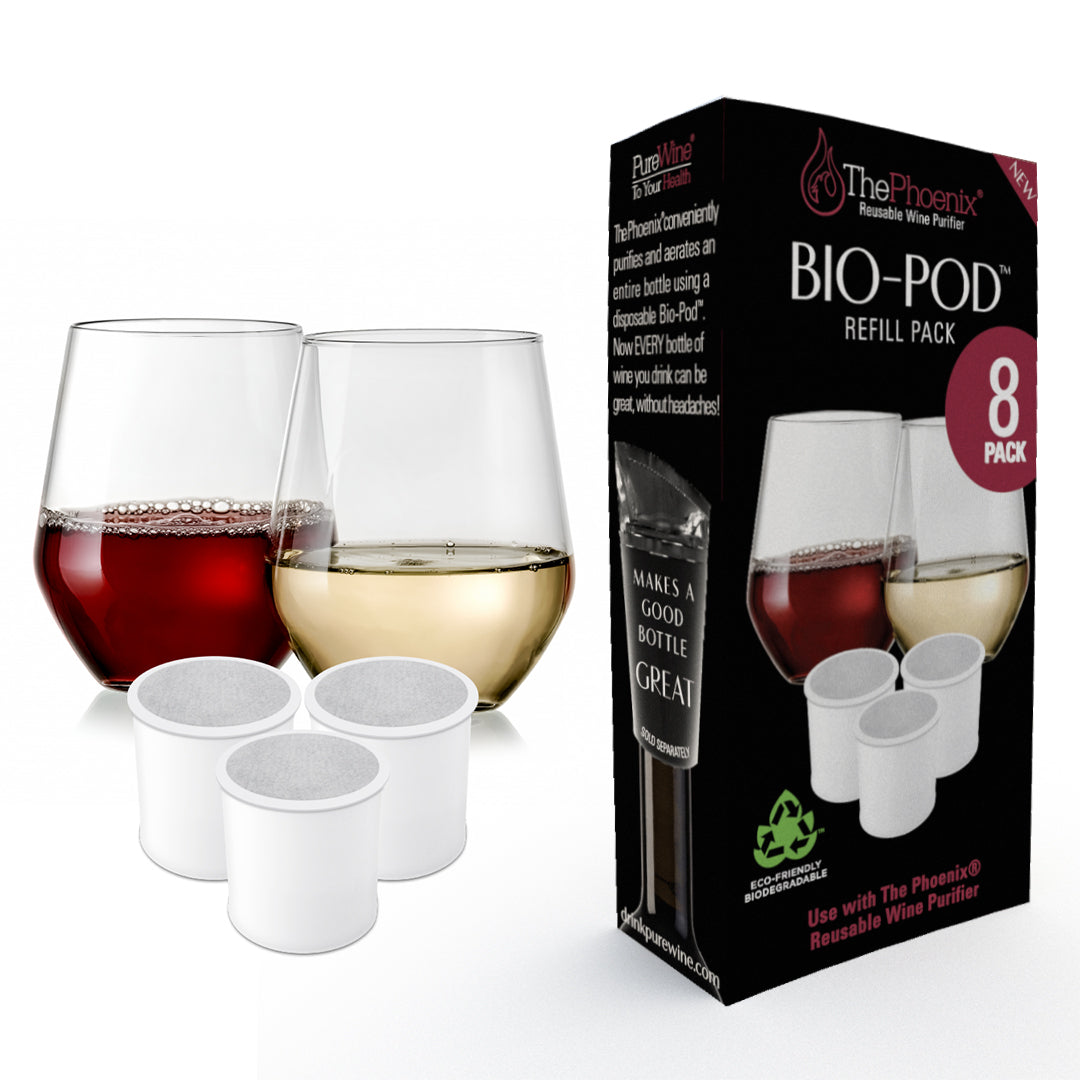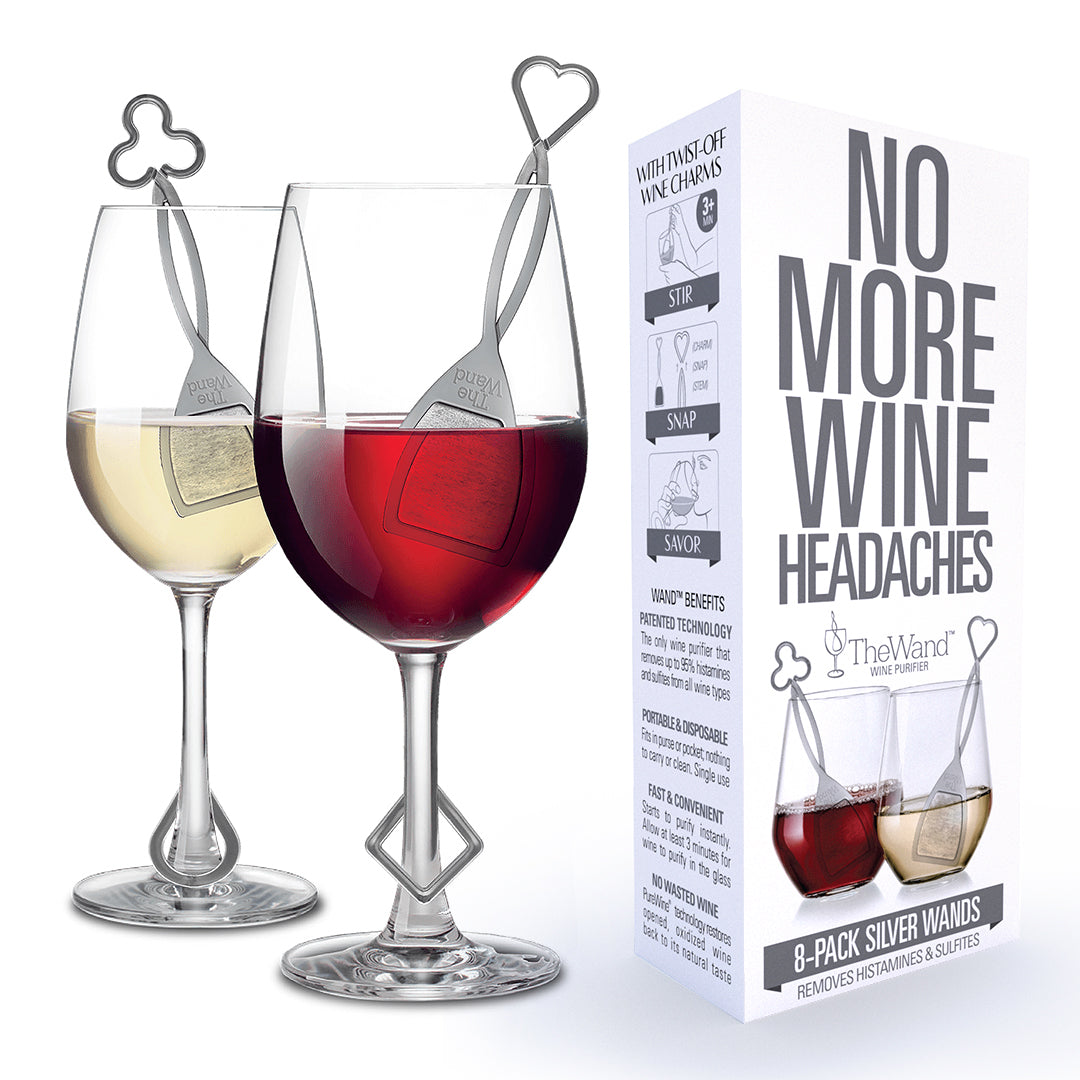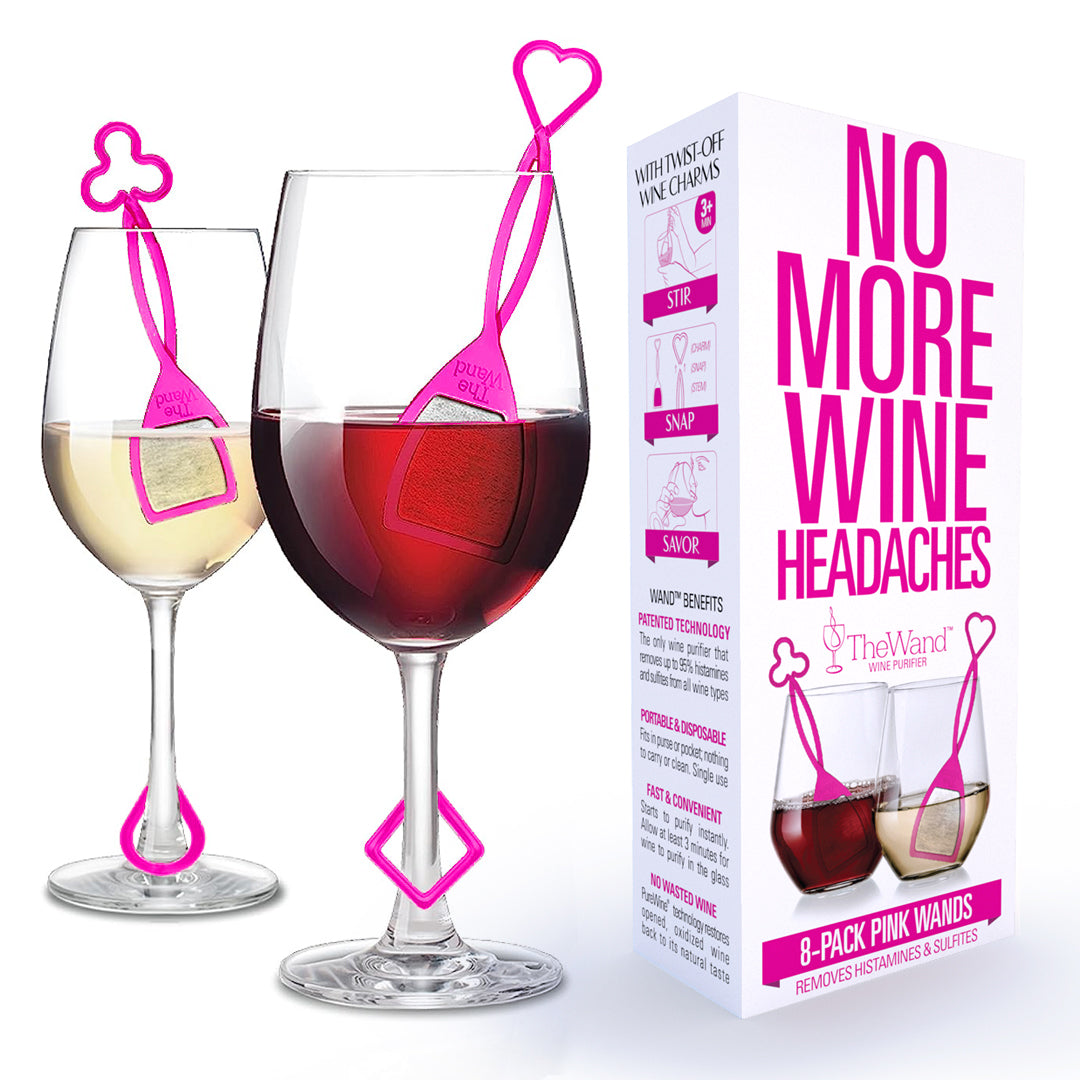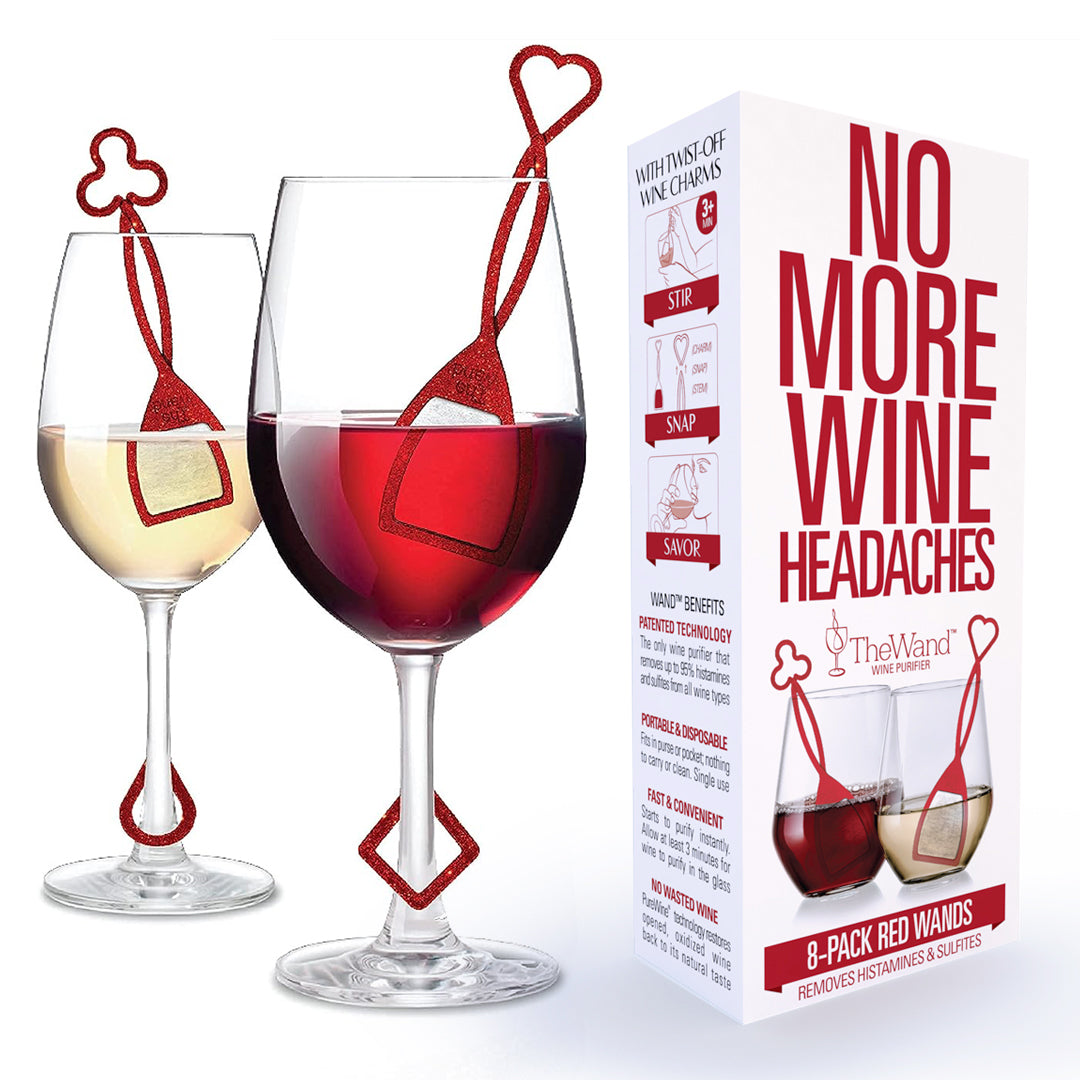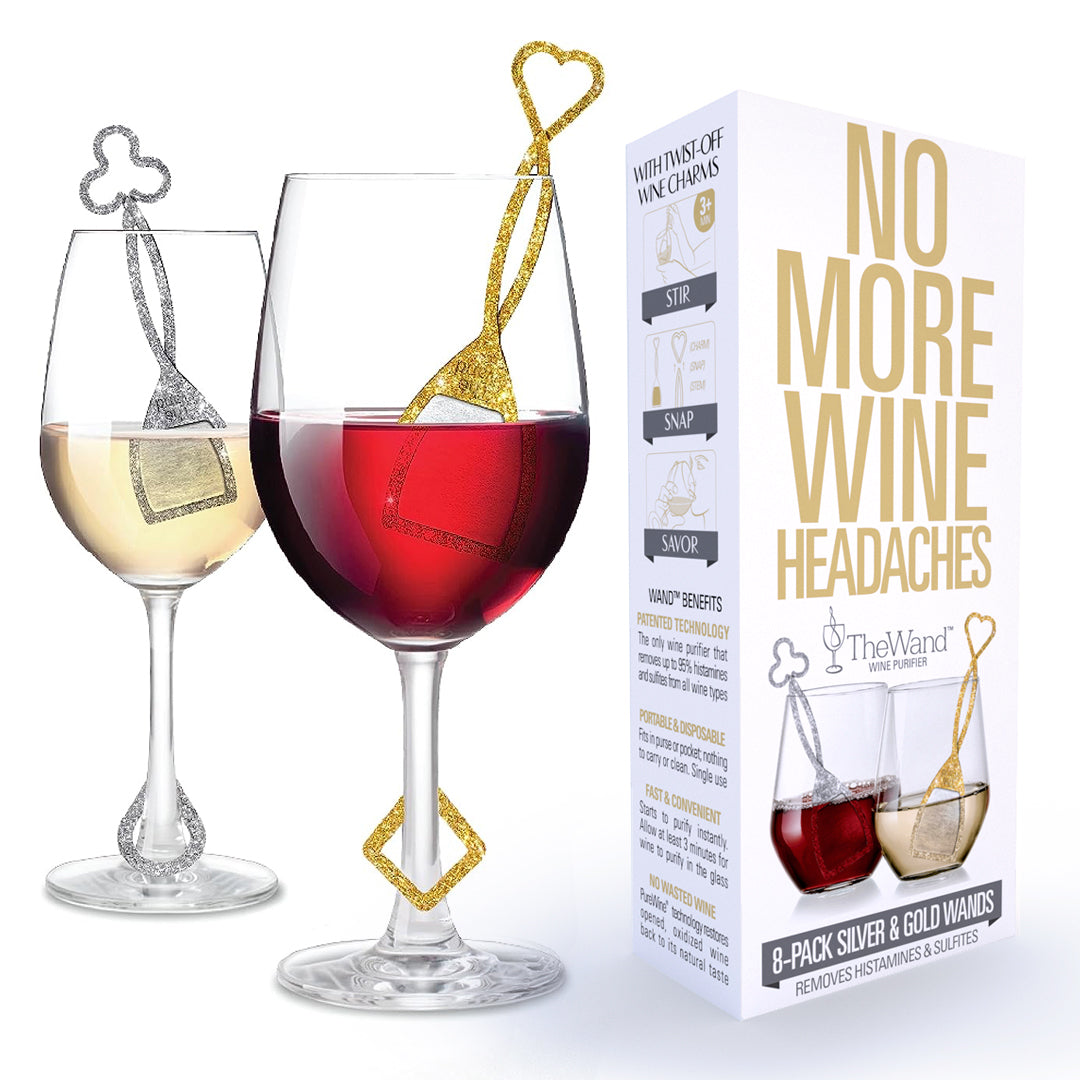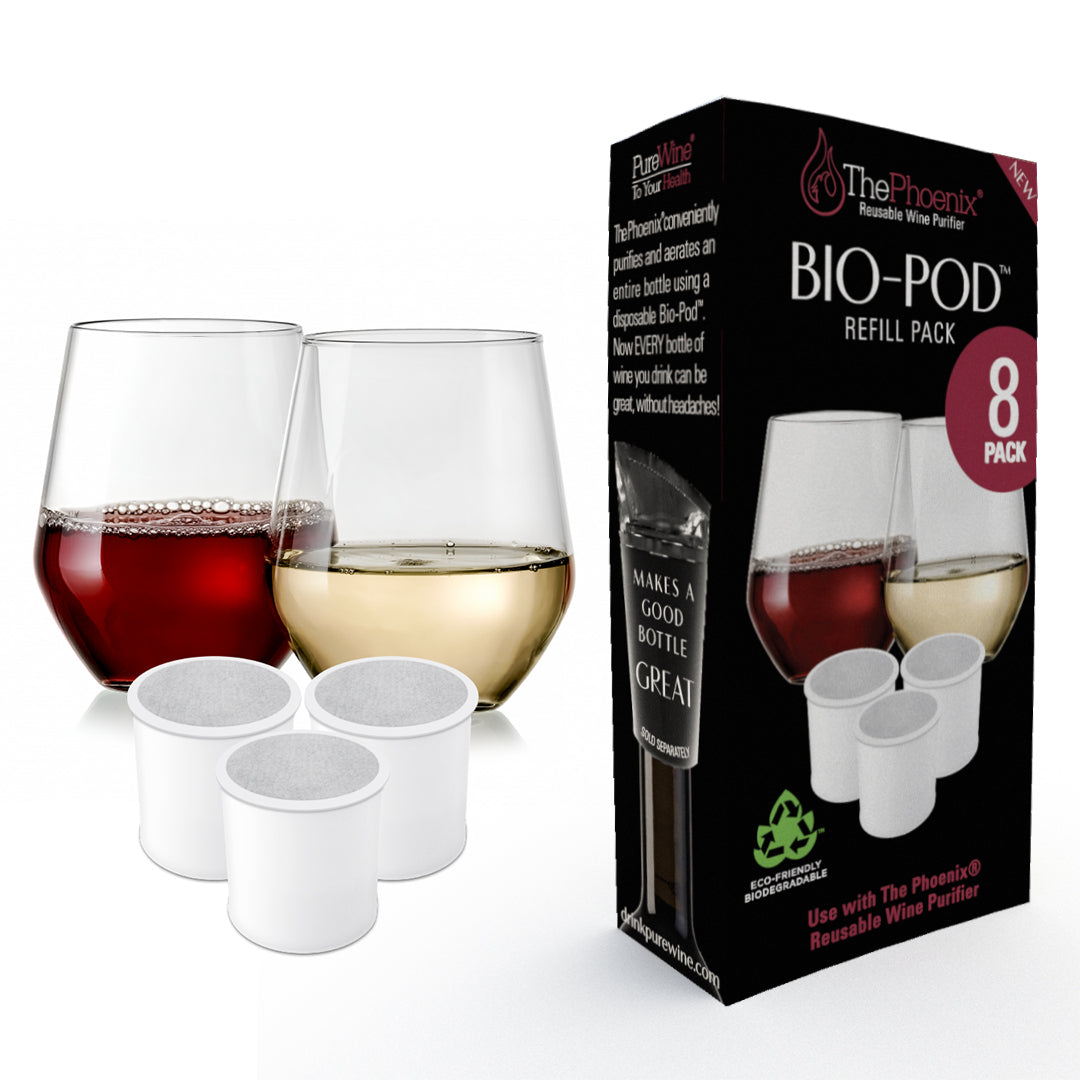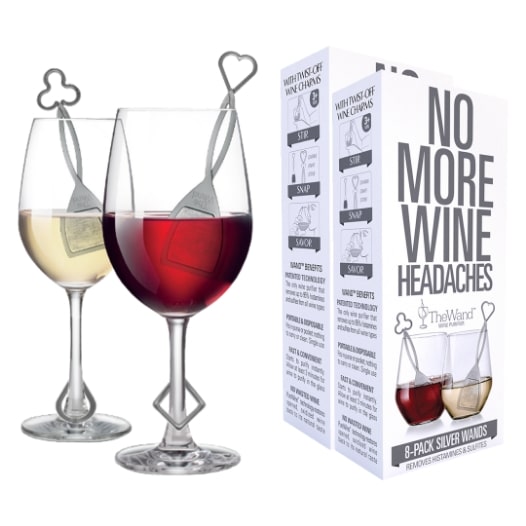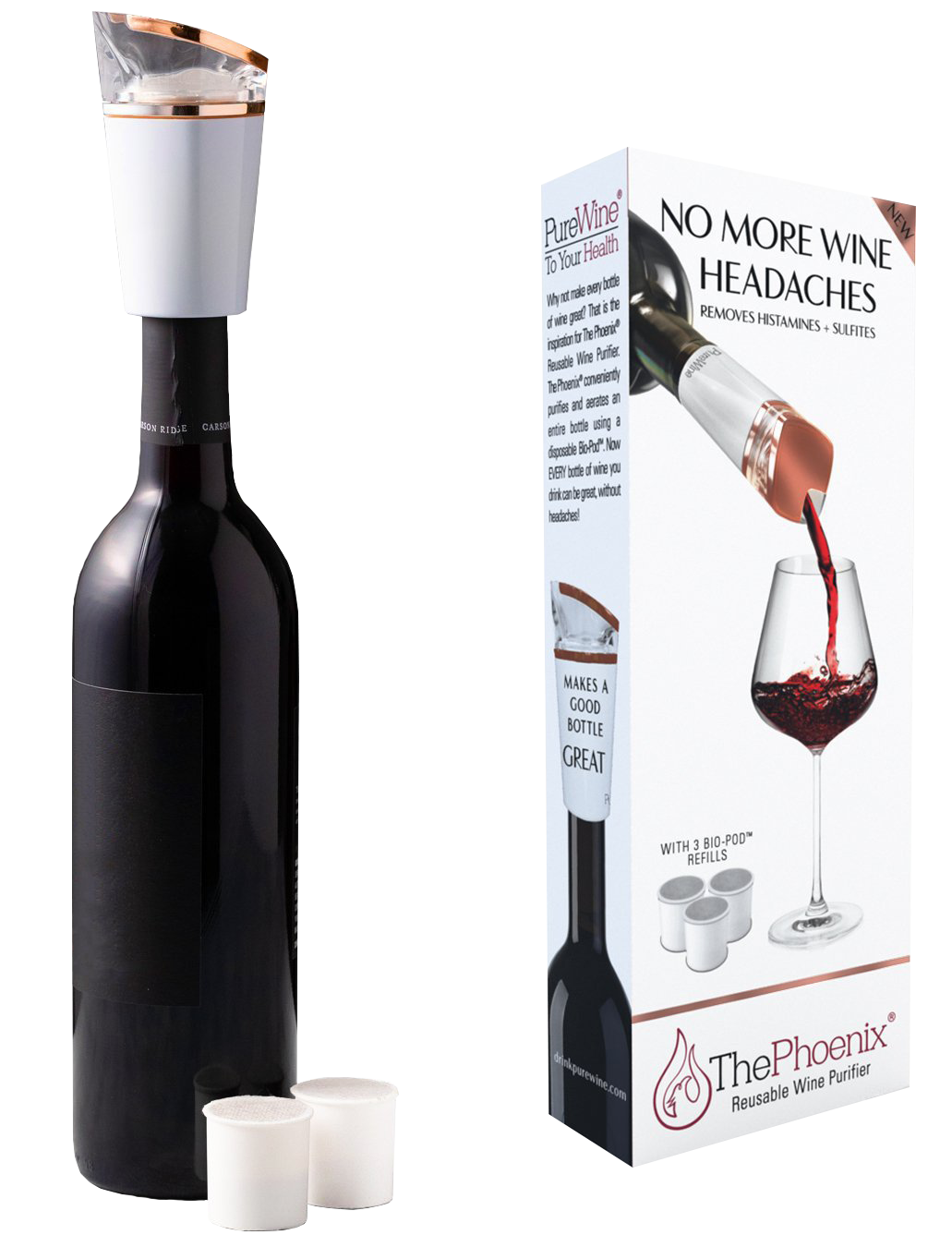Wine & Cheese Pairings - All Varieties
Without a doubt, one of the most well-known pairings of food and drink is wine and cheese. And that makes perfect sense because they're both delicious. However, the correct wine and cheese pairings can raise the bar for your wine tasting.
In this article, we'll discuss some helpful pairing advice for cheese and wine, as well as a list of wines that go well with different types of cheese. To understand more about wine and cheese pairing, make sure to stay until the end of the article.
How to Pair Wine and Cheese
If you're interested pairing cheese and wine for your next gathering, here are a few helpful tips to get you started:
Think about the Age and Intensity
You wouldn't match a robust full-bodied red wine like an aged Nebbiolo with a delicate dish like chicken Alfredo because the wine's complex flavors would dominate the subtle flavors of the Alfredo sauce. Wine and cheese pairings follow the same rule. In general, aged and bold wines with ABVs over 14.5% tend to pair well with stronger-flavored, older cheeses. More delicately flavored cheeses go well with lighter, younger wines with ABVs around 12%.
Remember that as the cheese ages and continues to ferment several things happen. First, its water content decreases, and its fat level rises, causing all of the flavors to become more "condensed" and intensified. Strong red wines with a high tannin level properly balance these cheeses with high-fat content that has been aged over long periods of time.
Different Types of Wine Pair Best With Different Cheeses
We will now walk you through several types of wine and what cheeses pairs best with types of them. We will also get into more specific cheese and wine combos below. Also, we created a handy wine and cheese chart below to reference. However, there are some unique varieties worthy of note.
What Cheese Pairs Best with Sparkling Wines
Sparkling white wines like champagne and prosecco typically pair best with mild, creamy cheeses that serve as a sort of palate cleanser. Sparkling wines, especially dry "brut" ones that are made with less sugar, can have a harsh flavor due to their high levels of acidity and carbonation. Soft cheeses have a soothing effect, leaving your palate ready for the next sip.
Challenge of Natural Wines and Cheese Pairing
Natural wines can have a wide variety of inconsistent flavors and can be challenging to match with cheeses because of their distinctive nutty or “barnyardy” aroma and sour flavor. Choosing a cheese with nutty qualities is usually a safe match for these wines. The cheese should be delicate enough to balance the sourness, yet robust enough to cut through the natural wines' high tannin content. The nutty notes of the wine and the cheese will complement one another without a doubt.
Sweet Wine and Smelly Cheese
Sweet wines go great with all those "smelly" cheeses. The explanation for this is that the sweetness of the wine can make some cheeses taste more creamy while helping to cover up, but not completely erase, their funky flavor. Additionally, the “smelly” cheese can help counteract the wine's sweetness so you can enjoy a dessert wine without feeling the need to down a gallon of water after each sip.
"What grows together, goes together"
I have never encountered a winemaker from anywhere in the world who disagrees with that statement. And it makes perfect sense because before trade became as simple as it is today, winemakers had to pair their wines with locally made cheeses. When it comes to wine and cheese pairing, you can be sure that the traditions won't let you down.
Cheese and Wine Pairings Worth a Try
Wine and Cheese Pairing Chart
We put together this handy wine and cheese pairing chart to tuck in your wallet or save to your photos to reference while shopping.

Pepper Jack Cheese with Sparkling Wine
Fizzy wines and soft cheeses go well beautifully. Due to its combination of semi-softness and heat, pepper jack will enhance the warmth of your preferred sparkling wine, enhancing the experience.
Soft/mild cheeses with Sweet Wines
If you fully want to experience a sweet wine without masking its high levels of residual sugars, then soft/mild cheeses are the perfect pair.
Goat Cheese with Dry White Wines
Goat cheese is like a blank canvas, waiting to be painted. By choosing goat cheese to pair with your favorite dry white, you'll definitely get to experience both of them to the fullest, because the tastes won't mask one another.
Havarti with Smooth White Wines
Havarti has a distinct buttery taste that you want to appreciate to the fullest. By choosing a smooth white wine to pair with the cheese, you'll create a perfect blend of flavors that will complement one another.
Blue Cheese with a Dry Rosé
High tannic wines and blue cheeses don't really go together because the result might be a harsh and unpleasant pairing. A straightforward, dry, fruity rosé with a light body is a solid bet.
Parmesan Pairs with Smooth Red Wines
Smooth red wines typically have a medium acidity, some level of sweetness, and enough tannins to help balance the saltiness of Parmesan. A traditional Italian smooth red wine is the ideal choice if you're seeking for the ideal wine to pair with a traditional Italian cheese.
Sharp Cheddar with Intense Reds
As we already mentioned, strong wines pair well with strong cheeses. When coupled with sharp cheddar, full-bodied, red wines bring out the powerful flavors of this robust cheese.
Cheese and Wine Pairings - Conclusion
We hope this article has given you a better understanding of the wine and cheese pairing process and that you are now prepared enjoy your next magnificent cheese board to the utmost at your next gathering.
While those are some tips that we suggest you keep in mind, they are definitely not hard and fast rules. There is no better way to discover which flavors work best for you than by experimenting with various wine and cheese pairings. Cheers!
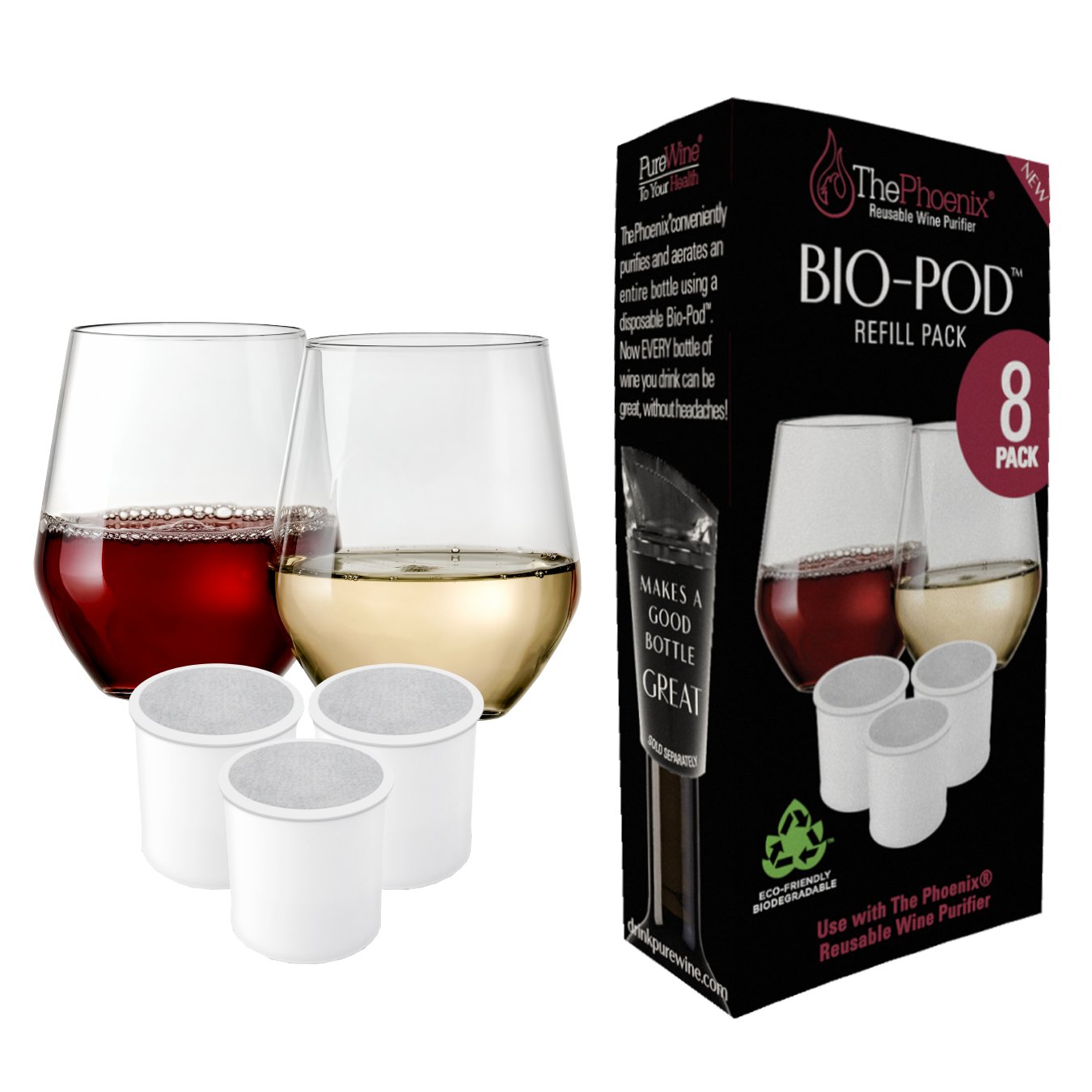
 (20 reviews)
(20 reviews)